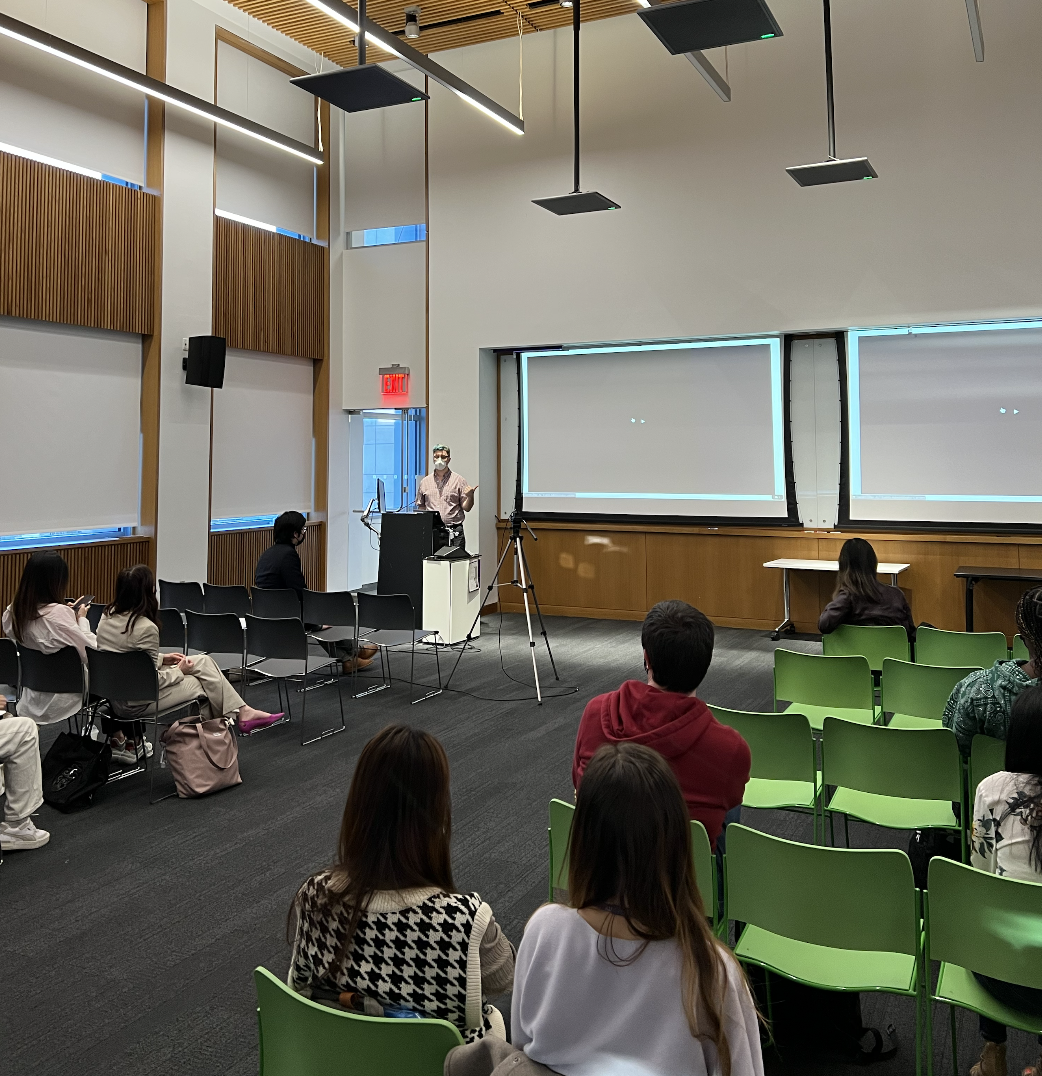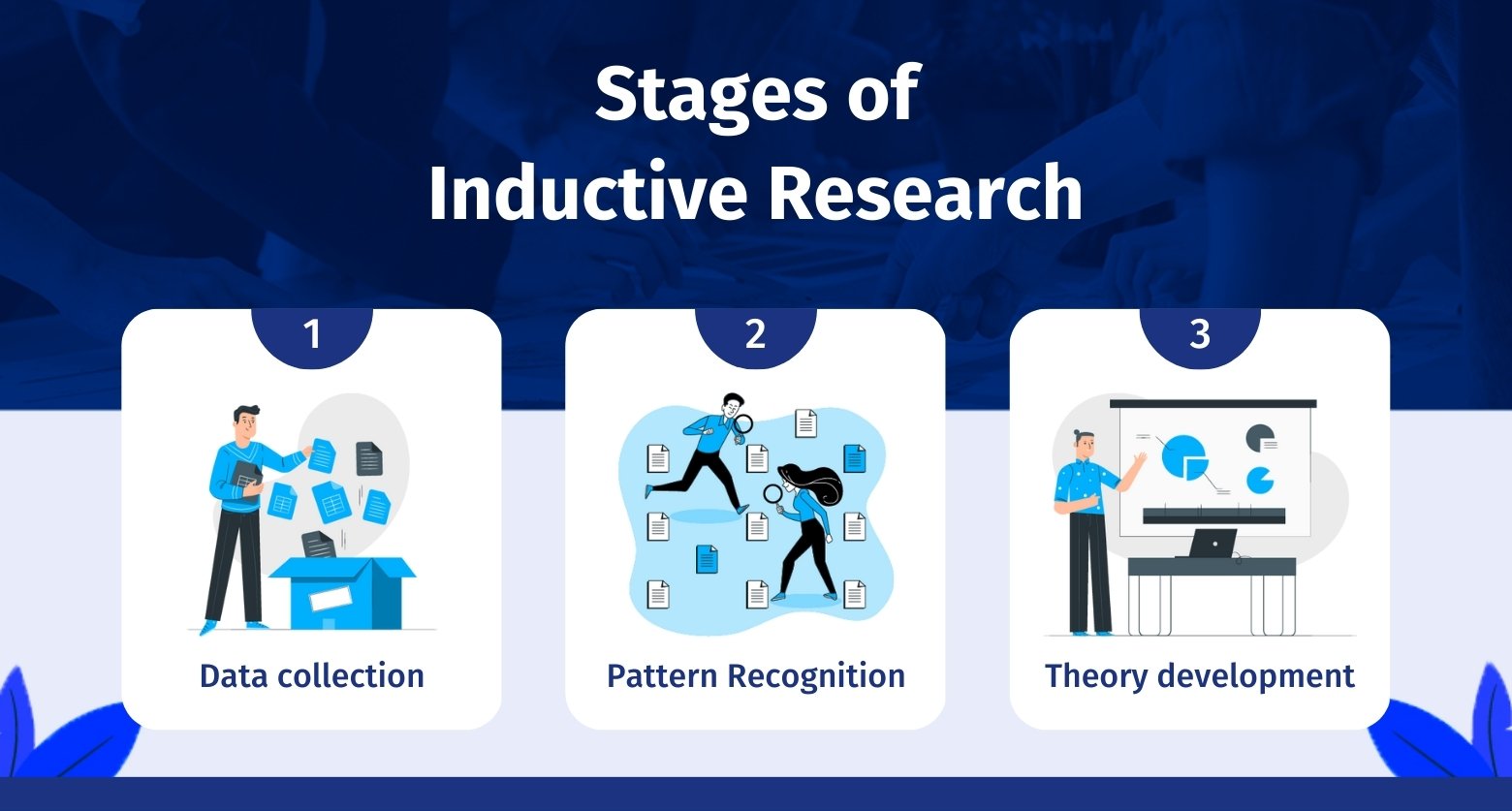Week 1: Project Setup
Date: September 6, 2023
Working towards: Milestone 1
Summary: Set up repository for thesis artifacts & begin exploring potential topics
We spent our first week easing into the topic selection process by setting up a repository for our artifacts. This included setting up some sort of shared folder and creating an individual Slack channel.
While doing so, we began to apply some Divergent Thinking strategies in order to think of some possible topics, using a combination of reflecting on our past work/projects, thinking hard about existing pain points, and considering our own career aspirations and goals.
I had been to each and every Thesis Expo (4 to date) in the DMDL/LTXD program since I started, which allowed me to see how previous students approached and manifested their projects.

Due to these experiences, I came to the following observations:
Most projects remain siloed after they are completed.
Most projects focus on a self-identified problem.
I decided that what fit my goals and aspirations the best was to take the complete opposite approach. That is, I knew that regardless of whichever topic I chose, I wanted to:
Ensure it would have real-world relevance after I graduated
Address an actual need that people would pay for
While there was nothing wrong with how previous students had decided to tackle their projects, I felt that the thesis project was a golden opportunity to materialize something with real-world relevance and impact. It didn't have to be something that would just be filed away in a cabinet drawer, never to be seen again.

So instead of pursuing an idea from my own head (which I accept is quite limited in its depth and breadth of knowledge), I've decided to pursue an inductive approach to my topic selection process. This way, I can gather data first and THEN filter it down to find a topic that matches my interests and goals and abilities.
My early research strategy, then:
Talk to Professors
Talk to Industry Professionals
Continue Desk Research
By collecting data from people who can see and understand things I either can't or don't, I can draw from a much richer source of information than if I were to just use my own brain. (At least, that's my rationale for this design choice.) The real work for me will be in how I draw the insights from this data (and ultimately use that to determine the right topic for me).
I'd be lying, though, if I said that this approach didn't scare me. Lingering in uncertainty can be stressful, and I can certainly understand why students would prefer to just have a topic.